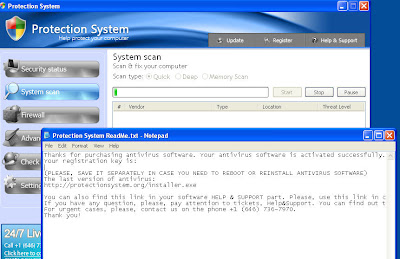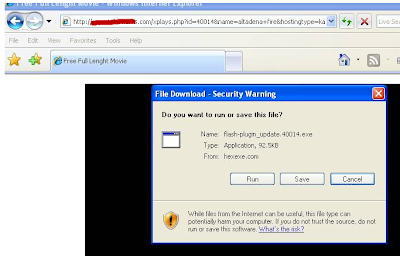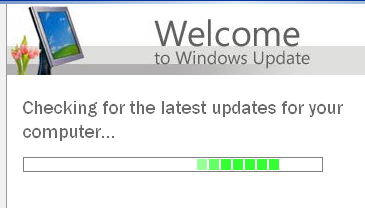A federal court decision might prompt Web-based businesses to make their customers respond in some way indicating they have read a Web site’s “terms and conditions.”
A federal judge in the Eastern District of New York has ruled that web retailer Overstock.com can’t enforce a $30 restocking fee found in its online terms and conditions because there was no evidence that customers even saw the agreement.
The decision came in a court action brought by customer Cynthia Hines who was charged a $30 restocking fee by Overstock.com after she returned a vacuum cleaner. Overstock.com had a link on the bottom of its web page that lead to its “terms and conditions” and said users consent to be bound by them by merely using the site.
U.S. District Court Judge Sterling Johnson, Jr. made the rather significant decision that Overstock.com’s “browsewrap” agreement was not adequate.
“Browsewrap” agreements are those terms and conditions that are simply posted and the act of browsing the site infers that you agree to them. That’s opposed to “click-wrap” agreements in which users must click a button that says “I agree,” or some similar mechanism indicating consent.
Overstock.com’s 13-pages of “terms and conditions” are the usual nightmare of legalese. At 5,541 words, it’s the size of a serious short story and getting into the territory of a novella.
It almost seems like it was written with lots of meaningless padding to intimidate a reader by its size. It begins: “This website – http://www.overstock.com (the ‘Site’) is being made available to you free-of-charge. The terms ‘you’, ‘your’, and ‘yours’ refer to anyone accessing, viewing, browsing, visiting or using the Site.”
Wow! They give you their definition of “you.”
See story here.
Tom Kelchner










